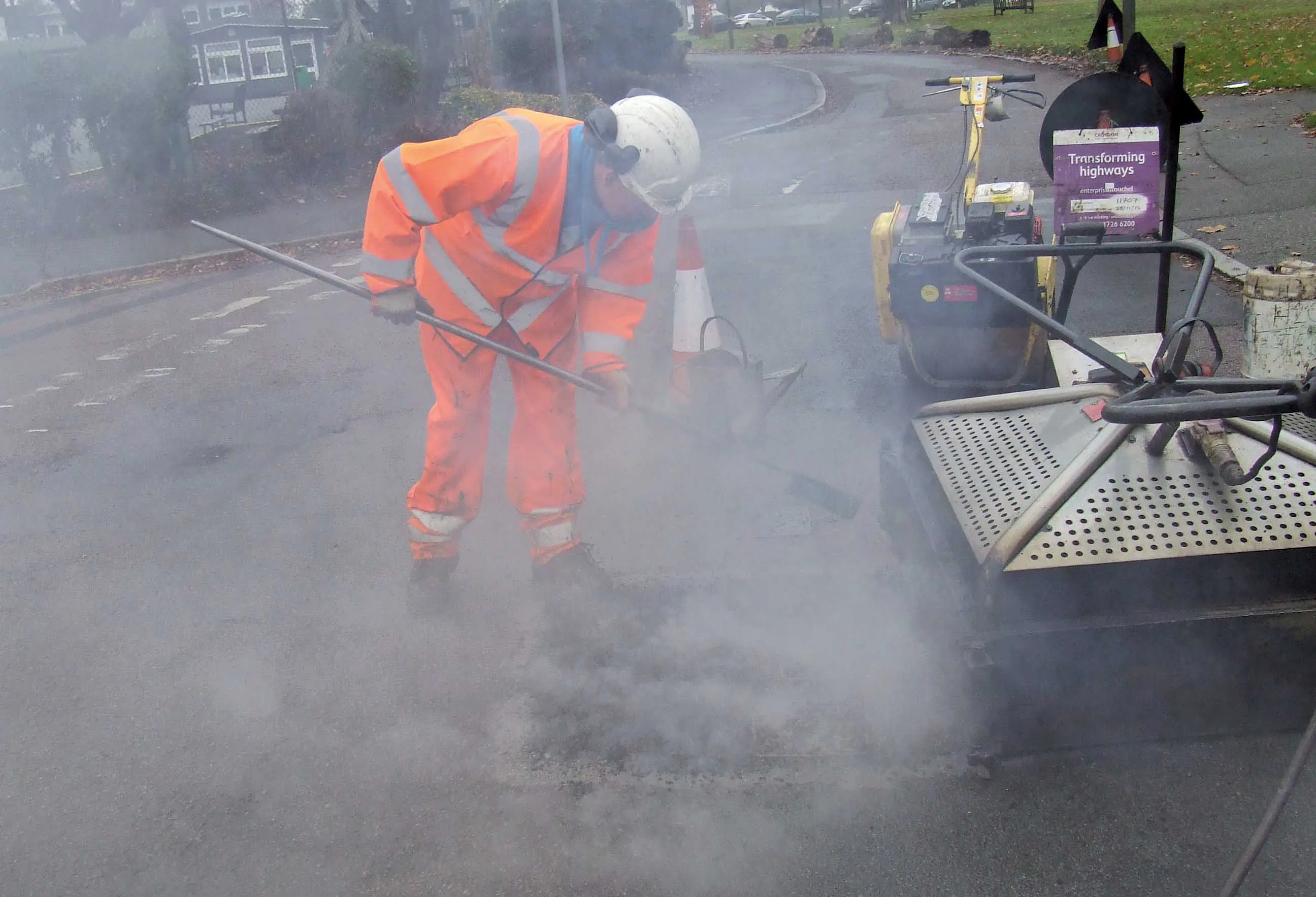Road safety is a crucial issue worldwide and on the busy roads of the 27 EU nations, action is being taken to reduce the annual death toll. As a way forward the EU nations have agreed a new safety target to reduce road deaths by 50% by 2020. This follows on from the target set in 2001 of halving road deaths by 2010 and which saw progress being achieved in most countries.
February 22, 2012
Read time: 3 mins

Road safety is a crucial issue worldwide and on the busy roads of the 27 EU nations, action is being taken to reduce the annual death toll. As a way forward the EU nations have agreed a new safety target to reduce road deaths by 50% by 2020. This follows on from the target set in 2001 of halving road deaths by 2010 and which saw progress being achieved in most countries.
Four EU countries, Latvia, Spain, Portugal and Estonia, managed to beat the 2001 safety target of halving road deaths by 2010. France and Lithuania also look likely to achieve similar figures on road safety improvements. During 2009 Europe benefited from a record cut in road deaths, which fell by 11% compared to 2008. Slovakia reduced road deaths in 2009 by 36%, Lithuania by 26%, Denmark by 25% and Estonia by 24%. In all 34,900 people were killed in road collisions in 2009 in the EU, far more than the maximum of 27,000 which the EU had hoped for by 2010. But safety standards vary widely with Sweden and the UK having amongst the safest roads, while Romania languishes at the bottom.
Enforcement is recognised as a key issue and has had a notable positive effect in France and Portugal for example, where the authorities have cracked down on drink driving and dangerous driving with huge benefits for road safety. The EU nations now need to set a Europe-wide policy on enforcement and also to ensure that offences committed by drivers when in foreign countries carry penalties when they return home.
And the1197 European Transport Safety Council (ETSC) has said that while better enforcement is an important tool it will not tackle the problem alone. The ETSC says that the road safety community had hoped for a new EU 10-year strategy however, to provide a detailed road map against which performance could be measured and delivery made accountable. The ETSC says that it recognises the important responsibilities of road users but believes that it is just as important for the traffic system to be adapted to their needs, errors and vulnerability. The issue of vulnerable road users is a particularly thorny one, having been largely ignored by the EU in the past and with repeated stalling of legislation to introduce road safety barriers that are less dangerous to motorcyclists or inaction on the issue of lorry mirrors for instance.
Emerging concerns, such as drugs, mobile phone use, fatigue and distraction, warrant a strong EU response. And though the Commission recognises that speeding, drink-driving and the non-use of seat belts are the three main killers, it fails to prioritise effective measures to tackle them.
Road safety in Romania is a particular issue, with more deaths in 2009 than in 2001. A study by the ETSC shows that Romanian roads are eight times more dangerous than those in Sweden, which has Europe's best record for road safety. In 2009, 2,796 people died on Romania's roads, compared with 2,454 in 2001, an increase of 14%.
Across Europe much needs to be done concerning road safety. And it Romania it appears that just about any safety measure would help reduce the country's dreadful death toll.
Four EU countries, Latvia, Spain, Portugal and Estonia, managed to beat the 2001 safety target of halving road deaths by 2010. France and Lithuania also look likely to achieve similar figures on road safety improvements. During 2009 Europe benefited from a record cut in road deaths, which fell by 11% compared to 2008. Slovakia reduced road deaths in 2009 by 36%, Lithuania by 26%, Denmark by 25% and Estonia by 24%. In all 34,900 people were killed in road collisions in 2009 in the EU, far more than the maximum of 27,000 which the EU had hoped for by 2010. But safety standards vary widely with Sweden and the UK having amongst the safest roads, while Romania languishes at the bottom.
Enforcement is recognised as a key issue and has had a notable positive effect in France and Portugal for example, where the authorities have cracked down on drink driving and dangerous driving with huge benefits for road safety. The EU nations now need to set a Europe-wide policy on enforcement and also to ensure that offences committed by drivers when in foreign countries carry penalties when they return home.
And the
Emerging concerns, such as drugs, mobile phone use, fatigue and distraction, warrant a strong EU response. And though the Commission recognises that speeding, drink-driving and the non-use of seat belts are the three main killers, it fails to prioritise effective measures to tackle them.
Road safety in Romania is a particular issue, with more deaths in 2009 than in 2001. A study by the ETSC shows that Romanian roads are eight times more dangerous than those in Sweden, which has Europe's best record for road safety. In 2009, 2,796 people died on Romania's roads, compared with 2,454 in 2001, an increase of 14%.
Across Europe much needs to be done concerning road safety. And it Romania it appears that just about any safety measure would help reduce the country's dreadful death toll.









